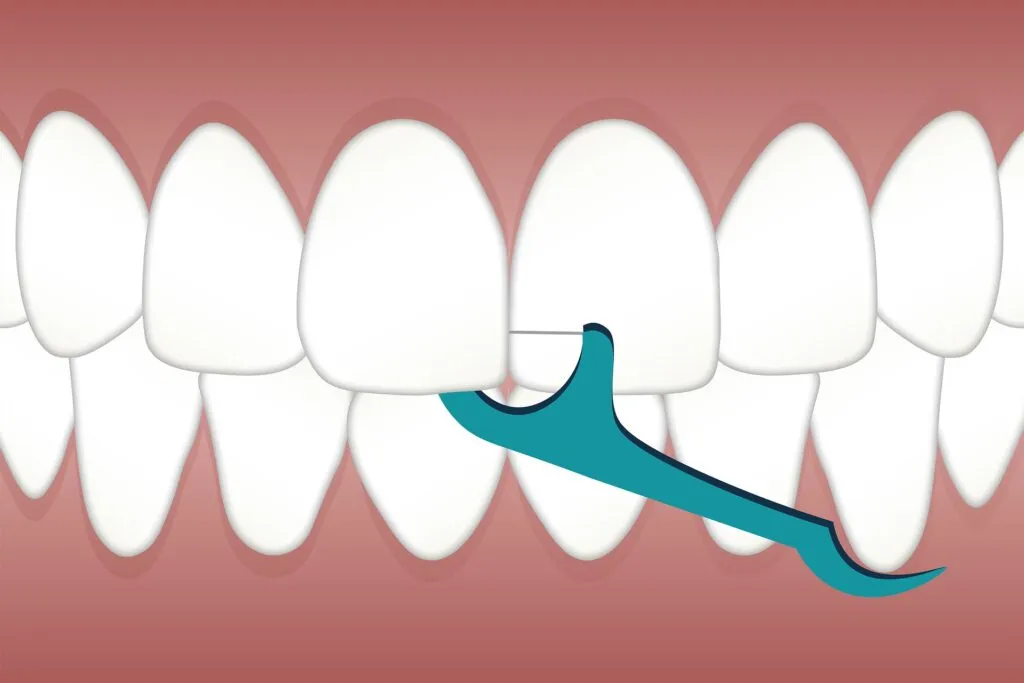Plaque & Tartar
Plaque & tartar are caused by the bacteria in your mouth as a biproduct of food particles.Plaque and tartar are some of the most common factors for bad dental health. Your gums and teeth can be fairly sensitive to both of these potential problems if you’re not careful.
What Are Plaque And Tartar?
- Plaque – Plaque is a sticky transparent film that forms because the naturally occurring bacteria in your mouth.
- Tartar – Also referred to as calculus, tartar occurs when the plaque is not cleaned regularly and becomes hard.
Plaque can also form between your teeth, tartar feels like a “crusty blanket”, since it’s a very porous material, it’s also responsible for:
- Bad breath
- Tooth decay
- Gum disease
Plaque can form into tartar in as little as 24 hours, so if you think brushing every other day, or only a couple of times a week is sufficient, you should immediately adjust your strategy

How Do I Stop Tartar From Forming?
The best way to stop tartar, is oral hygiene, if you stop plaque from accumulating you will greatly reduce your chance of tartar buildup.
- Brush 2-3 times a day for up to 2-3 minutes each session.
- Use a standard-size traditional toothbrush or an electric brush.
- Do not forget to brush your gums and tongue.
- Floss between each tooth.
- Don’t brush too hard (you can cause damage)
- Use mouthwash
Once tartar forms it can be difficult to get rid of, and you will most likely need to schedule a deep clean at a dental office to completely remove it. If you go to your checkups regularly your dentist will be able to inform you if you are missing any problem areas.
6 Ways To Slow Down The Formation Of Tartar (DIY)
If you’re looking for some more potential tips to slow down tartar, you can try these:
Special Toothpaste
- Tartar Control toothpaste.
- Toothpaste mixed with baking soda.
- Skip charcoal-based products – These have not been proven to work.
Whitening strips
Patients who used whitening strips with hydrogen peroxide and pyrophosphate regularly have less tartar than simply brushing.
Tea
Drinking green tea regularly have shown a correlation with having reduced bacteria in the mouth.
Eating fruits and vegetables
Not only are these food groups a great way to get more vitamins and minerals, but they also promote saliva production which will help to digest food easier.
Water Flosser
It will be even more effective if you mix in mouthwash with the water flosser. Using a water pick will ensure you get the water and mouthwash into hard-to-reach areas.
How To Remove Tartar Once It’s Formed
Once tartar has formed, you will need a dental hygienist to remove it from your teeth. Your dentist will be able to clean most of your tartar issues during regular cleaning. However, if the situation has gone too far, you will need a “deep cleaning”.
How Often Should I Have Tartar Removed?
At Smiles Dental Group, our default recommendation is one dental cleaning every 6 months. This can be increased however, if you need it, some reasons to have more cleanings involve:
- Patients are regularly afflicted with dry mouth.
- Patients with substandard oral care.
How Does Tartar Affect Your Gums?
Tartar buildup is one of the main causes of gum disease, symptoms include:
- Red, swollen gums
- Gums that bleed when you floss or brush
- Tender gums
If left untreated, gingivitis will eventually turn to periodontitis which is a severe form of gum disease.
